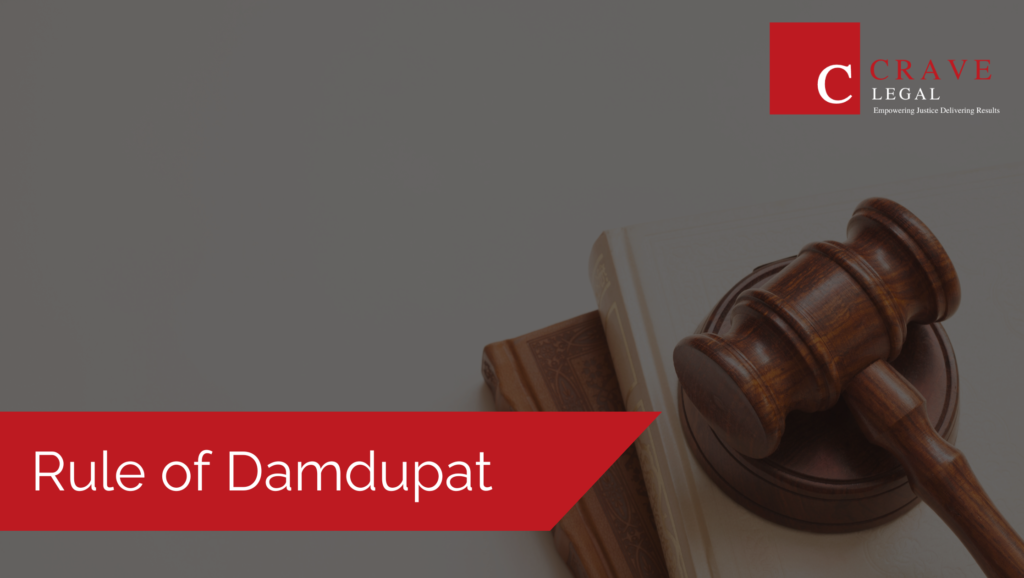Have you received a UK immigration refusal and feel overwhelmed about what to do next? Don't worry—Crave Immigration is here to guide you through the appeals process, making it simple and understandable. Many people feel intimidated by the thought of going to court or dealing with legal proceedings, but understanding your rights and the procedures can make a big difference.
Rule of Damdupat
The Rule of Damdupat encapsulates a unique and thought-provoking principle: the interest charged on a loan should never exceed the principal amount. This age-old rule, deeply ingrained in Hindu legal traditions, bears a striking resemblance to a protective measure against financial catastrophe. It stands as a testament to a system that places a high value on shielding the majority of society from the perils of bankruptcy.
Example:
Certainly, let's break down the example: Suppose A, a Hindu, lends Rs 1000 to B, another Hindu, with an interest rate of 24% per annum. A allows the interest to accumulate until it reaches Rs 1500. Now, if A decides to sue B to recover a total of Rs 2500 (assuming that the lawsuit is within the time limit specified by the Limitation Act), there's a key principle at play here – the rule of Damdupat.
Under the rule of Damdupat, it is stipulated that the interest charged on a loan should never surpass the principal amount. In this case, the interest has grown to Rs 1500, which exceeds the original principal of Rs 1000. As per the rule of Damdupat, A would only be entitled to recover a maximum of Rs 2000 from B. This includes the original principal amount of Rs 1000 and an additional Rs 1000 as interest.
So, even though A is seeking to recover Rs 2500, the application of the rule of Damdupat restricts the total amount that can be legally claimed to Rs 2000. This principle ensures that the interest charged does not become excessively burdensome for the borrower and prevents the lender from recovering an amount greater than double the principal. In essence, the Rule of Damdupat serves as a poignant reminder that, when it comes to lending and borrowing, there can exist principles that safeguard individuals and businesses from the crushing burden of debt. This ancient wisdom provides a compelling alternative to the high-interest loans that threaten the financial well-being of many in our modern times.






